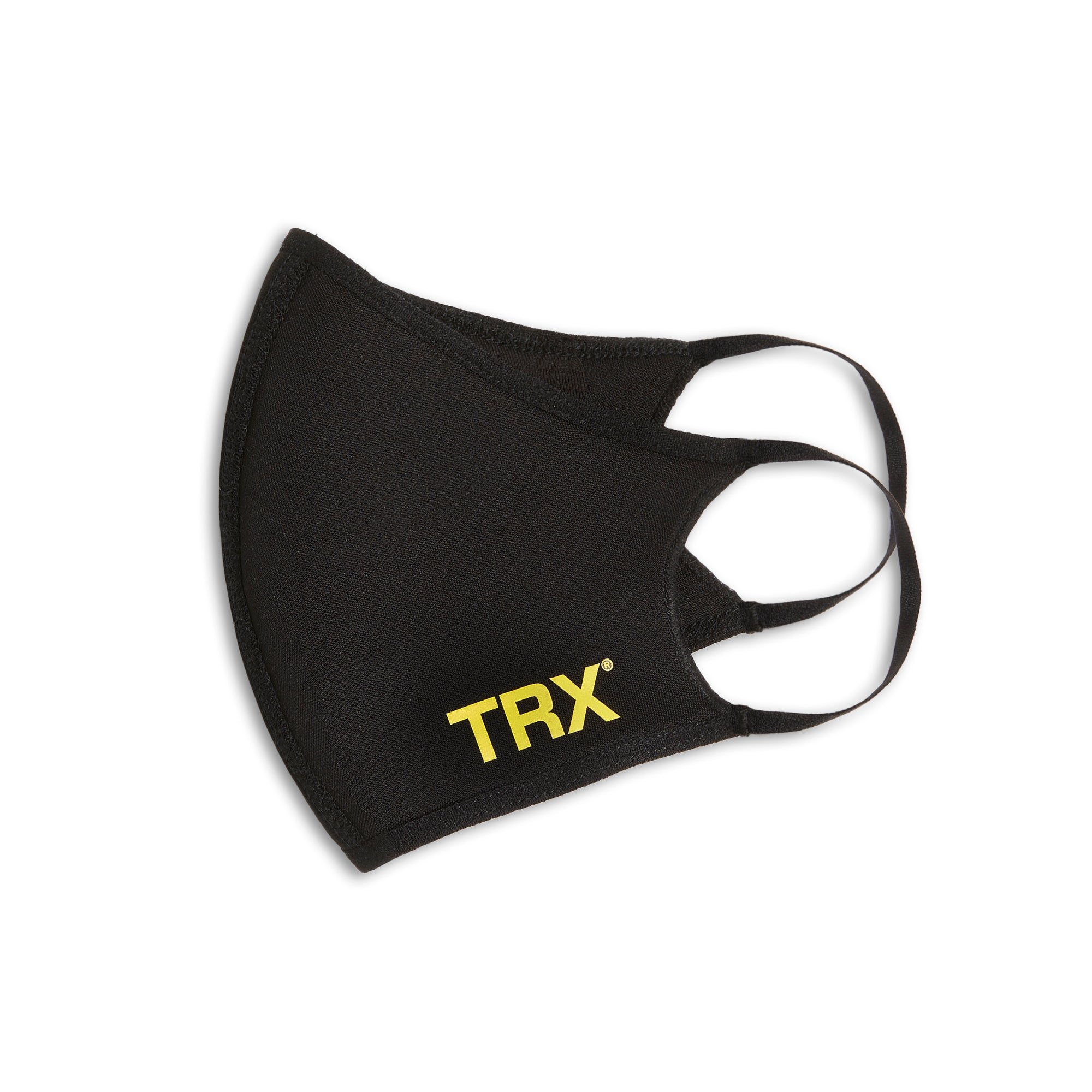For the average fit person, post-workout recovery might include a light walk to cool down from a run, toe touches after a HIIT class, or hanging onto a TRX Suspension Trainer™ after a resistance-training session. Perhaps there’s a little foam rolling or an Epsom salt bath if it was a particularly tough day. An elite athlete, by contrast, commits hours each week to recovery. For CrossFit star Kari Pearce, that recovery time includes a combination of stretching, foam-rolling, massage, and more.
Pearce trains as least three hours a day, six days a week, and her workouts end with a 10-minute cooldown, a 10-15 minute stretch, foam-rolling, and mobility work. “Since I was a gymnast, I do a lot of stretches similar to that.” She also incorporates ROMWOD, (range of motion workout of the day), which she describes as similar to yoga for CrossFit. She’ll even use her TRX Duo Trainer™ to stretch. “I just hang on and relax. [It] helps loosen up my back and shoulders, especially after a lot of weight lifting.”
While some cooldown work has to immediately follow exercise to maximize the benefits, Pearce points out that foam rolling is a recovery method that athletes and amateurs alike can squeeze in throughout the day. Noting that she uses her foam roller whenever she can find time, she says she tries to squeeze in 10–15 minutes—and up to 30 minutes—after a workout. “It depends on how much time I have, how my body’s feeling; the more sore it is, the more I try and foam roll. Even just 5–10 minutes will go a long way.”

Another way that Pearce’s recovery routine may look like your own? Epsom salt baths.
During her standard training schedule, Pearce works in Epsom salt baths about two times a week, (depending on her schedule), along with a weekly ice bath or cryotherapy. Before a major competition like Regionals or the CrossFit Games, Pearce may ramp up to daily Epsom salt soaks. She complements that muscle relief home remedy with weekly appointments for active release massage and acupuncture.
To top off her active forms of recovery, Pearce swears by a good night’s sleep. “Sleep is very important to me. I try to get eight to nine hours a night,” she says. In fact, sleep is such a big part of her training regimen that she’s partnered with ReSt (Responsive Surface Technology), a smart mattress company. Through an app, the ReST bed monitors her sleep, and automatically adjusts her mattress firmness to help her sleep better.

Kari Pearce may have a team of coaches, experts, and partners guiding her workout recovery, but at the end of the day, she still gets sore just like the rest of us. “Especially right now, since we’ve ramped up the training volume and intensity, my body’s sore,” she says. “You never don’t get sore. You get stronger, so you lift heavier weight. You get better, so you move faster. You get sore because you’re pushing a little bit harder and you’re pushing your body to the limit. No matter how fit you are, you’re pushing those boundaries.”


